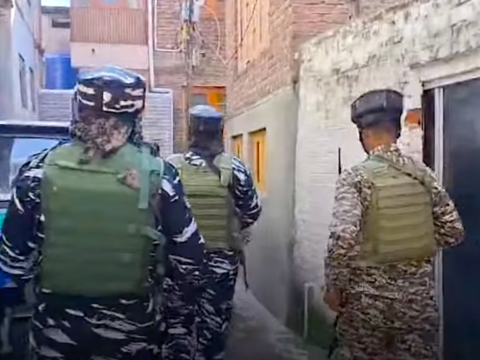MOSCOW (Diya TV) — Russian opposition leader Alexei Navalny, a prominent critic of President Vladimir Putin, has died in a maximum-security prison, as reported by the country’s state media. His death comes after years of struggle against official corruption and the Putin government, during which he survived several poisoning attempts.
The Federal Penitentiary Service of the Yamalo-Nenets Autonomous District, where Navalny was being held, stated that the 47-year-old “felt unwell” after a walk and “almost immediately lost consciousness.” No specific cause of death was provided, and the region’s investigative committee has initiated an inquiry into the matter.
Navalny’s wife, Yulia Navalnaya, addressing an audience at the Munich Security Conference in Germany, directly blamed the Kremlin for her husband’s death, stating, “We cannot believe Putin and his government. They are lying constantly.” She vowed that those responsible would be brought to justice.
World leaders, including President Joe Biden, swiftly condemned Navalny’s death, with Biden asserting that Putin bears responsibility. He emphasized that while the exact circumstances remain unclear, there’s no doubt Navalny’s death resulted from actions taken by Putin and his associates.
Navalny, a lawyer and anti-corruption activist, rose to prominence as Putin’s fiercest critic, leading nationwide protests and conducting investigations into official corruption within the Russian elite. He survived a poisoning attempt in 2020, which he directly attributed to Putin, and subsequently spent time in Germany for treatment before returning to Russia, where he was promptly arrested.
Fellow Russian opposition figure and Human Rights Foundation Chairman Garry Kasparov gives his thoughts with a post thread on X.
Despite facing imprisonment and persecution, Navalny remained a vocal opponent of the Putin regime, challenging it through various means, including legal action and social media activism. His death leaves Russia’s opposition without a clear leader, amidst ongoing crackdowns by the government on dissent.
Navalny’s legacy as a symbol of resistance against authoritarianism and corruption in Russia will endure, but his passing underscores the challenges faced by those who dare to oppose the Kremlin’s grip on power. As the international community mourns his loss, questions linger about the future of Russia’s political landscape and the implications of Navalny’s demise on the country’s trajectory.



